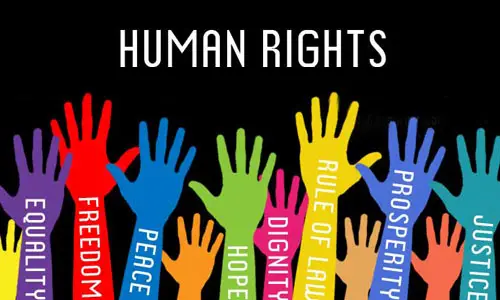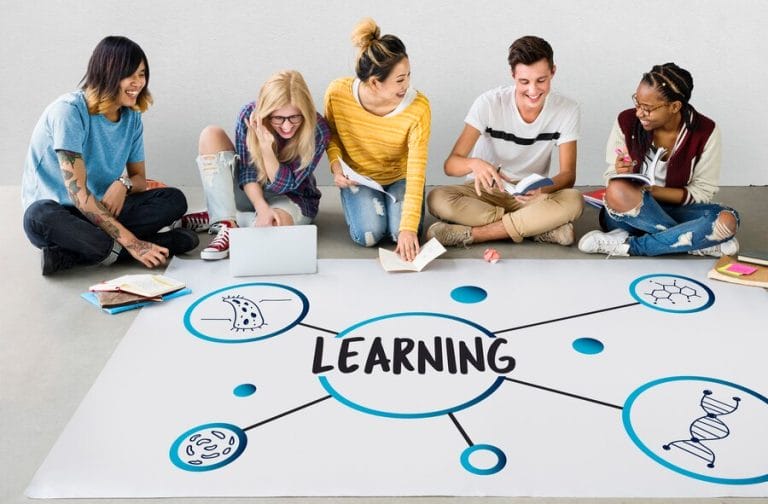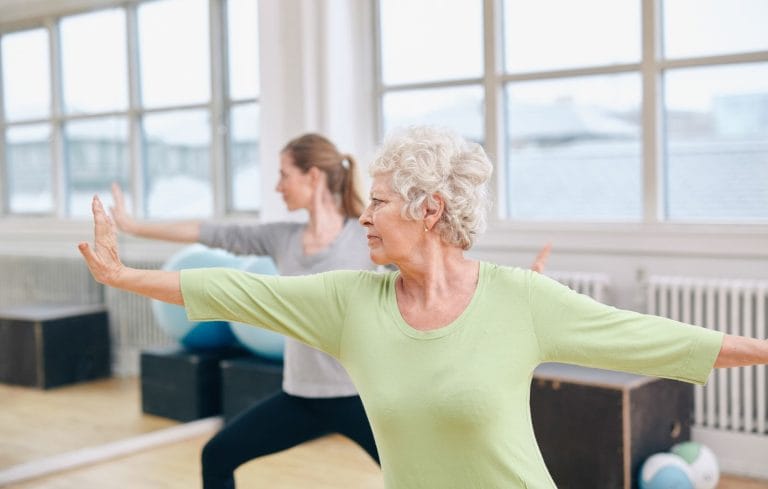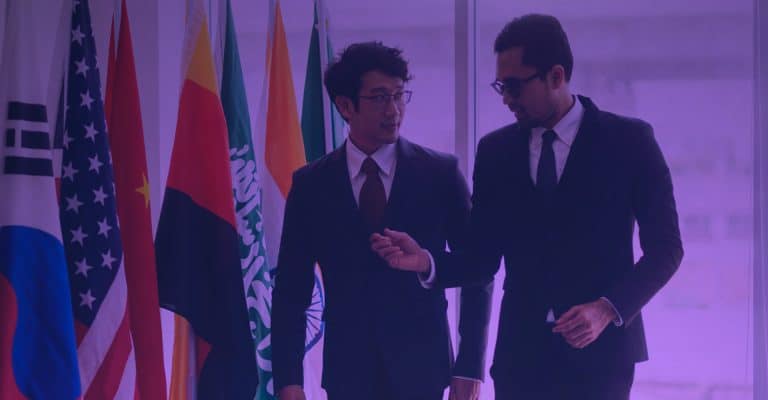Protecting Human Rights Globally: Challenges and Responses
April 16, 2024 2024-04-16 10:18
Protecting Human Rights Globally: Challenges and Responses
Human rights are universal moral values and legal entitlements that include civil, political, economic, social, and cultural rights. They apply to all people, everywhere, granting them the freedom to live in dignity, free from fear and want. However, despite widespread international agreement and legislation aimed at safeguarding these rights, violations are rampant across the globe. This article explores the challenges in protecting human rights worldwide and the responses needed to address these issues effectively.
The Challenges of Protecting Human Rights
- Political Instability and Conflict: Countries experiencing war or political turmoil often face significant human rights abuses. Civil wars and conflicts disrupt societies and governments, leading to violations such as genocide, torture, and other crimes against humanity.
- Authoritarian Governance: In nations where autocratic leaders rule, human rights are often restricted for the sake of maintaining power. Freedom of expression, the right to protest, and press freedom are typically suppressed, and political dissidents are persecuted.
- Discrimination and Social Inequality: Discrimination based on race, gender, sexual orientation, religion, and ethnicity persists in many societies, infringing on individuals’ rights to education, health, and economic opportunity.
- Economic Constraints: In developing countries, economic limitations can be a significant barrier to fulfilling human rights. Lack of resources may lead to inadequate healthcare, poor education, and substandard living conditions.
- Globalization and Economic Policies: International economic policies and globalization can also negatively impact human rights. For example, large corporations operating in foreign countries may violate workers’ rights or contribute to environmental degradation, affecting the local population’s health and livelihood.
Responses to Human Rights Violations
- International Law and Treaties: International bodies such as the United Nations play a crucial role in setting human rights standards through treaties like the Universal Declaration of Human Rights. These provide a framework for action and accountability.
- Human Rights Organizations: Non-governmental organizations (NGOs) like Amnesty International and Human Rights Watch monitor violations, provide assistance to victims, and pressure governments and international bodies to uphold their commitments.
- Education and Awareness Campaigns: Educating the public about human rights is vital for empowerment. Awareness campaigns can mobilize support, influence policy, and encourage advocacy.
- Sanctions and Diplomatic Pressure: The international community can use diplomatic tools, including sanctions, to pressure governments violating human rights. While controversial, these measures aim to incentivize change.
- Empowering Local Communities: Supporting grassroots movements and local organizations can lead to sustainable change. Empowerment allows communities to advocate for their rights and improve enforcement at the local level.
- Legal Assistance and Advocacy: Providing legal support to those whose rights have been violated is crucial for justice and reparation. Lawyers and legal organizations play a fundamental role in challenging abuses and holding perpetrators accountable.
Conclusion
The protection of human rights globally is fraught with challenges, largely due to political, economic, and social factors. Addressing these issues requires a multi-faceted response involving international cooperation, robust legal systems, grassroots activism, and sustained global attention. While progress can be slow and setbacks common, the global commitment to advancing human rights offers hope for a fairer and more just world. Each action taken towards protecting human rights, no matter how small, contributes to the larger goal of ensuring dignity, freedom, and equality for all.
Related Posts
Protecting Human Rights Globally: Challenges and Responses
April 16, 2024 2024-04-16 10:18Popular Tags





























